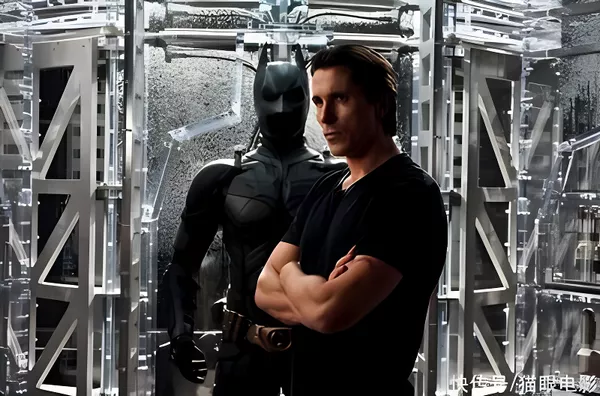The Dark Knight is undoubtedly one of the most iconic superhero movies of all time. With its gritty realism and complex characters, the film set a new standard for the genre. However, like all great works of art, it is not without its flaws. In this article, we will explore how The Dark Knight should have ended.
To start, let’s recap the film’s climax. The Joker has taken control of two ferries filled with explosives, and he gives the passengers on each boat a detonator. The Joker tells them that they have until midnight to decide whether to blow up the other boat or risk having their own boat blown up. Meanwhile, Batman is trying to stop the Joker and save the day.
In the end, the passengers on both boats refuse to blow each other up, and Batman apprehends the Joker. But not before the Joker has managed to kill Rachel Dawes, the love of Bruce Wayne’s life, and turn Harvey Dent, Gotham’s beloved district attorney, into a homicidal maniac.
So, how should The Dark Knight have ended?
Firstly, the Joker’s plan with the ferries should have been more thought out. It’s hard to believe that the citizens of Gotham would be so easily manipulated into trying to kill each other. The Joker is a mastermind, and he should have come up with a more clever and believable scheme.
Secondly, Batman should have been smarter about how he handled Harvey Dent. In the movie, Batman takes the blame for Harvey’s crimes to preserve his reputation as a hero. But this is a short-sighted solution. In the long run, it would be better to expose Harvey’s crimes and then work to rehabilitate him. This would not only be more ethical, but it would also be a more interesting storyline to explore in future films.
Thirdly, Rachel Dawes’ death should have been handled differently. In the movie, Rachel dies in an explosion meant for Harvey Dent. This is a tragic and impactful moment, but it also feels a bit contrived. It would have been more powerful if Rachel had died in a way that was directly related to Batman’s actions or decisions. This would have added another layer of complexity to the story and deepened the emotional impact.
Finally, the ending of The Dark Knight should have been less definitive. The movie ends with Batman riding off into the night, leaving the city to clean up the mess he helped create. But this is a bit unsatisfying. It would have been better if the ending had left more room for interpretation and speculation. Perhaps Batman could have disappeared without a trace, or maybe he could have taken on a new identity and continued his work in a different form. Either way, the ending should have been more open-ended and ambiguous.
In conclusion, while The Dark Knight is a brilliant movie, there are certainly ways it could have been improved. By making the Joker’s plan more believable, handling Harvey Dent’s storyline more thoughtfully, changing the circumstances of Rachel Dawes’ death, and ending the movie in a more open-ended way, the film could have been even more impactful and memorable. But even with these flaws, The Dark Knight remains a true classic of the superhero genre.

